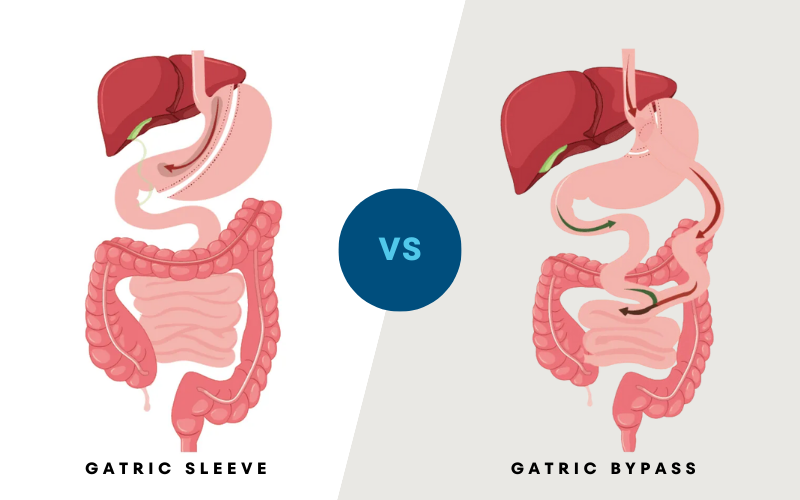Impact of Overweight or Obesity as a Risk Factor for Chronic Conditions
In an ideal world, everyone would just eat healthy food and live a very productive and long life. But the reality is that many people do the complete opposite. Many people in Australia do not pay a lot of attention to their diet. Sadly, this can have severe negative implications on overall health and well-being in both males and females. Being overweight or obese are two conditions that may arise from an unbalanced diet. An overweight person often gets diagnosed as overweight because the amount of energy that they consume through food is less than the amount they use to do their daily activities. This extra energy is converted to fat and stored by the body. The same thing leads to obesity. But, the amount of energy / fat that is stored is in a much larger quantity.
Since many Australians consume a diet that is high in ‘bad’ fats, it is no surprise that a high percentage of the population is currently overweight or obese. Based on a study in 2016 by the AIHW, more than half of the Australian population is considered to be overweight or obese. This is alarming and frightening. In fact, between 2003 and 2011, studies have shown that there has not been any significant change in the rate of obesity and overweight person(s) in the country. There is also a noticeable correlation between the weight of a person and their socioeconomic status- the lowest socioeconomic group has the highest rate of overweight and obese people.
Determining if You Are Overweight or Obese
Research shows that men and women seem to have different risk factors for overweight and obesity as males are more likely to be overweight or obese. Age also seems to play a huge factor. This means that it may be more likely for men to become overweight or obese and the older you are, the more prone you are to becoming overweight or obese. But, whether you are a man or woman, it is quite easy to determine if your body has stored excess fat. One easy way to do this is by calculating your BMI (Body Mass Index). There are 4 categories that you may fall in based on BMI calculations: underweight (less than 18.5), average/normal (18.5 – 24.9), overweight (25-29.9) and obese (30 or more).
So, how do you calculate this? Here’s a quick formula:
BMI = body weight in kg/ height2 (m2)
So, if you weigh 60kg and you are 1.6m tall,
your BMI would be 60/1.62 = 23.4 kg/m2 which means you are normal weight for your height and age
Diseases linked to Obesity and Overweight
Certainly, not all diseases are linked to body weight. However, there are several diseases that have been linked to obesity and excess body fat. This means that once a person is overweight or obese, they are automatically at a higher risk of developing one of these conditions. Being overweight or obese is a condition that can be controlled and even reversed in many cases. So, it is possible to avoid suffering from many of these conditions. Some diseases that are linked to excess body fat include:
- Diabetes
- Coronary Heart Disease
- Stroke
- Chronic Kidney Disease
- Some types of cancer (breast, liver, thyroid, uterine, bowel, leukemia, ovarian and others)
- Asthma
- Dementia
- Osteoarthritis
- Back pain and problems
From research carried out by the AIWHC, it’s been deduced that there is a total of 22 diseases that may be associated with being obese or overweight. Regrettably, many of these conditions can have fatal consequences. The chances of fatality seem to increase even more if the condition is chronic or if it significantly affects one or more of the vital organs in the body.
It’s also important to note that several other diseases may be linked to overweight and obesity. So, as an individual, you have the awesome responsibility of ensuring that you maintain a normal BMI so you do not increase your risk factor for getting diagnosed with any of these dangerous illnesses.
If you realize that you are overweight or obese, the best way to avoid related illnesses is by getting rid of the excess body fat. Whether it is through diet, exercise or a combination of both, you can help to reduce your risk factor for many of the health conditions that are associated with obesity and overweight. It can be truly life-saving.
To know more about Bariatric Surgery, contact us today for an initial consultation.




